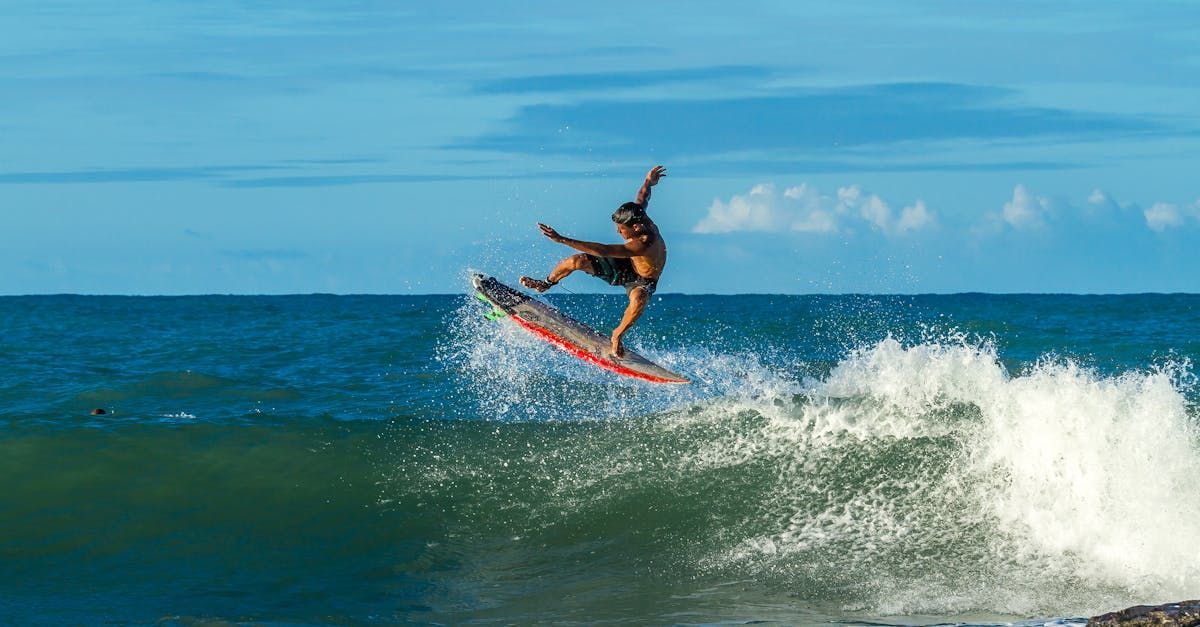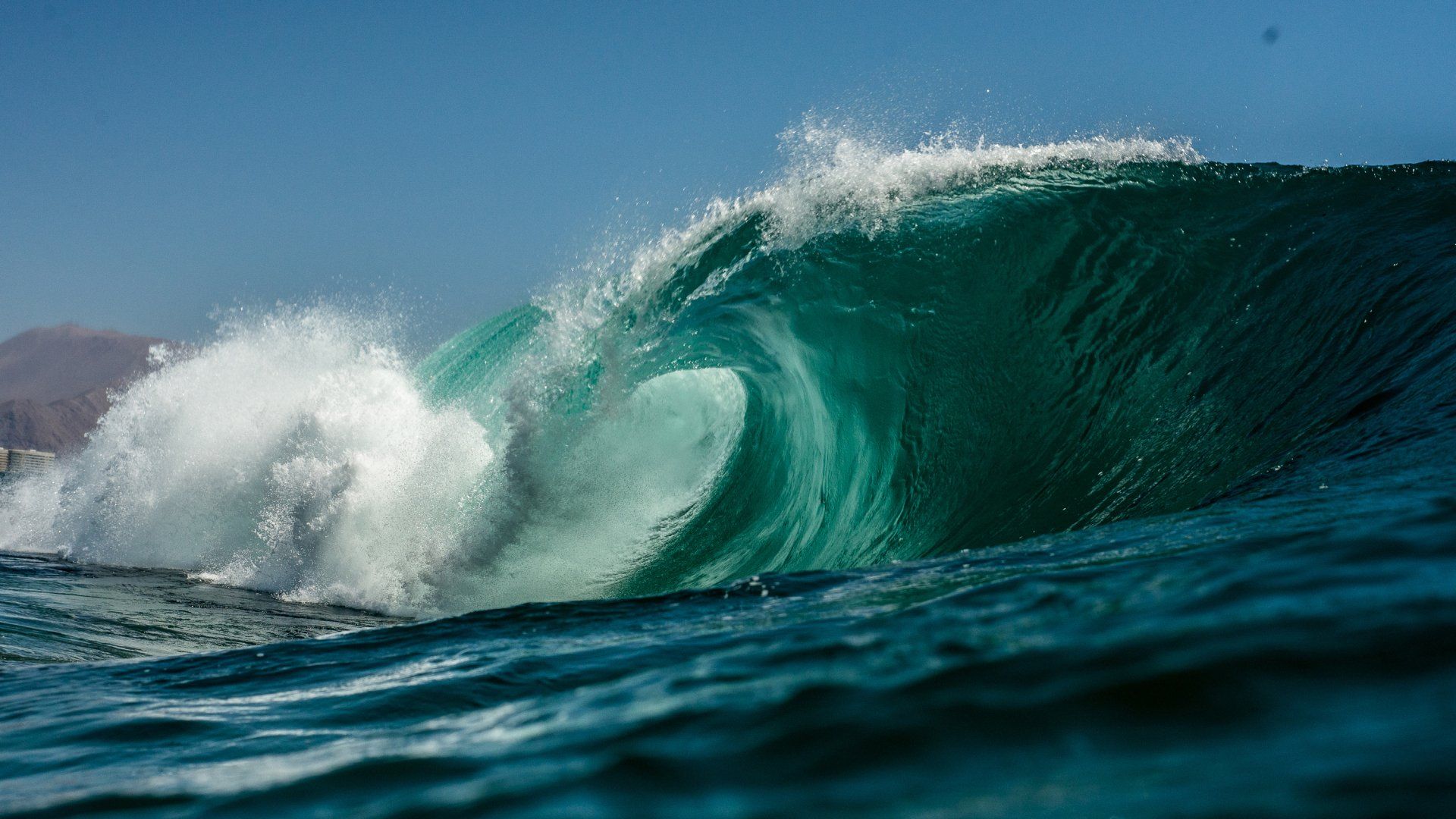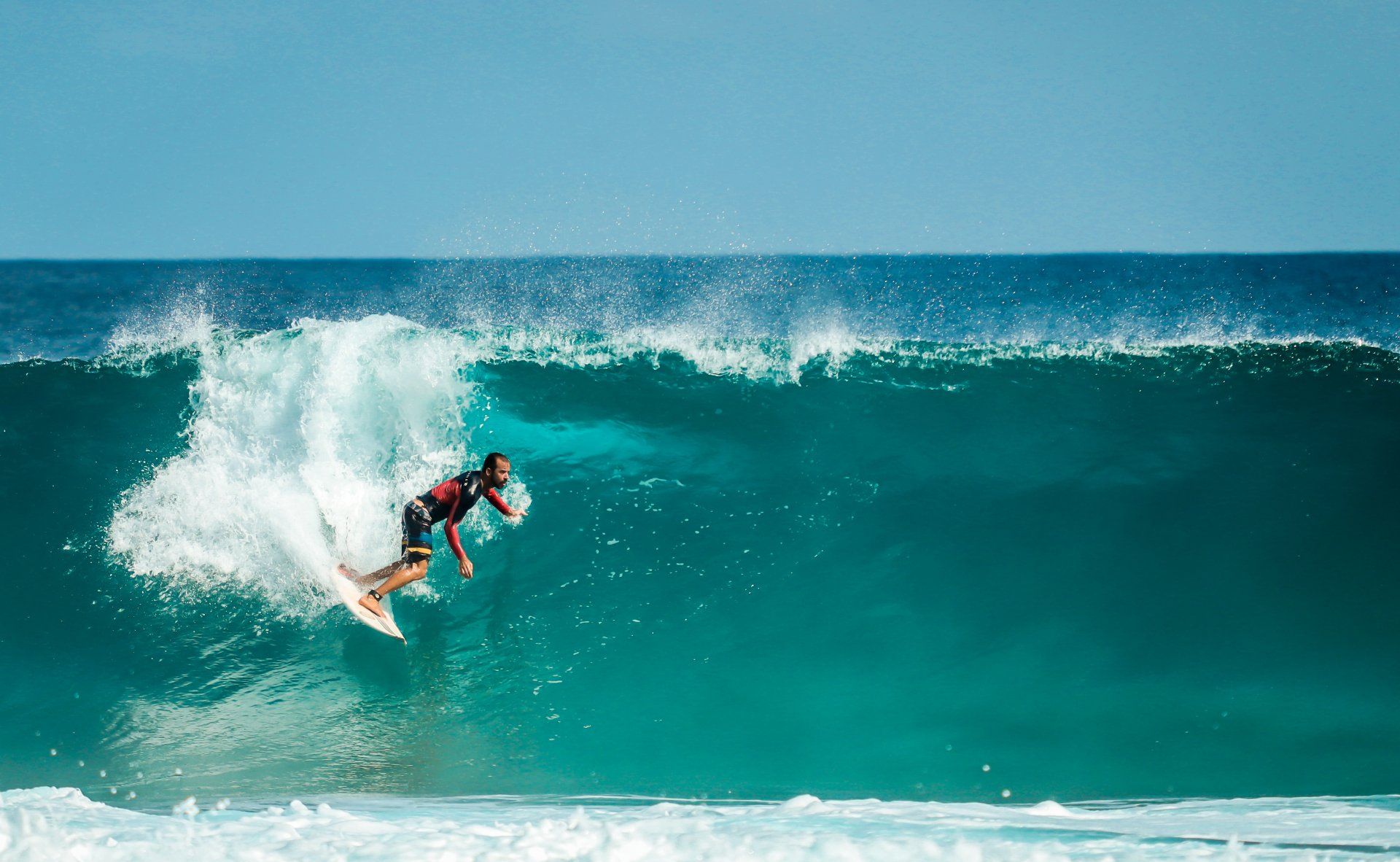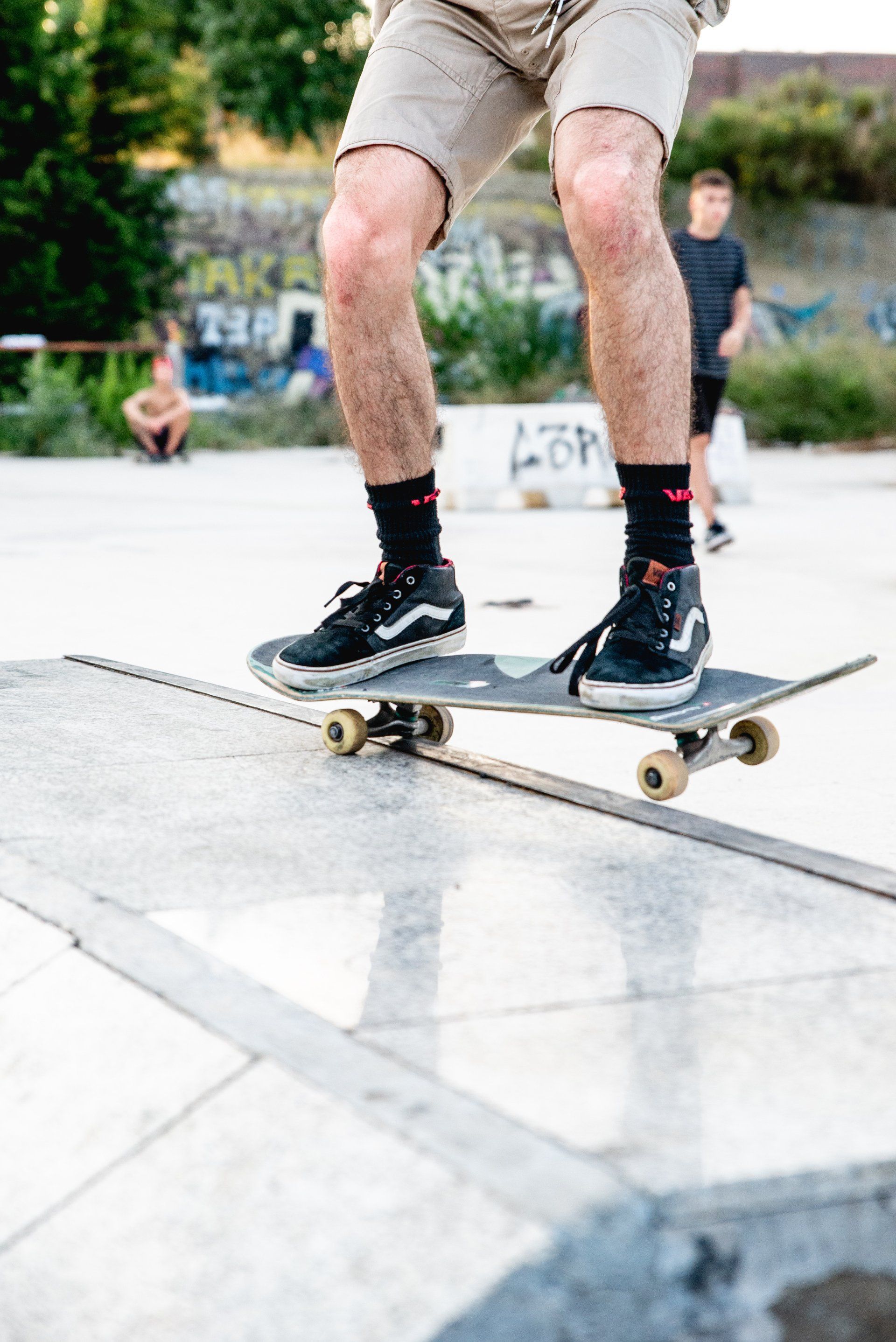10 Surfing Tips for Beginners
10 Surfing Tips for Beginners: Master the Waves Quickly

Introduction
Surfing is more than a sport; it's a lifestyle that connects people with nature and offers a unique experience with every wave. If you're new to surfing, this article will provide you with the best beginner tips to help you master the waves quickly and enjoy each session to the fullest.
1. Choose the Right Equipment
Starting with the right equipment is crucial. For beginners, larger and more buoyant surfboards are ideal as they help with balance and paddling. Look for a foam board (soft-top) that is at least 8 feet long.
2. Learn Basic Techniques on Land
Before hitting the water, practice on the sand. Learn to pop up on the board: lie face down, hands at chest level, push up, and place your back foot first, then the front foot. This technique, known as the "pop-up," is essential.
3. Understand the Environment
Familiarize yourself with the beach and ocean conditions. Identify currents, breaking points, and safety zones. It's always good to observe other surfers and learn from their experience.
4. Efficient Paddling
Paddling is fundamental for catching waves. Keep your body centered on the board and use long, smooth arm movements. Keep your head up for a better view of approaching waves.
5. Catch the Right Waves
As a beginner, look for small and gentle waves. Avoid large and powerful waves until you feel more confident and skilled.
6. Maintain Proper Posture
A proper stance will help you keep balance and control. Keep your knees slightly bent, arms extended, and weight evenly distributed between both feet.
7. Safety First
Use a leash to keep the board close and avoid accidents. Always respect surfing rules and other surfers in the water. Never surf alone and stay alert to changing ocean conditions.
8. Physical Fitness
Surfing requires good physical condition. Engage in exercises that strengthen your core, arms, and legs. Activities like yoga and functional training are excellent complements.
9. Study the Weather Forecast
Use specialized apps and websites to know the forecast for waves and winds. This will help you plan your sessions and take advantage of the best conditions.
10. Patience and Perseverance
Surfing is a sport that requires time and dedication. Don't get discouraged if you encounter difficulties at first. With consistent practice and a positive attitude, you will improve and enjoy surfing more and more.
Best Places to Surf in the USA
- Malibu, California: Known for its long, perfect waves for beginners.
- Cocoa Beach, Florida: Ideal for its warm waters and gentle waves.
- Waikiki, Hawaii: An iconic spot with friendly waves for all levels.
Frequently Asked Questions (FAQ)
What is the best time of year to learn to surf? The best time is during the summer when the waves are smaller, and the water is warmer.
What type of wetsuit do I need? It depends on the water temperature. For cold waters, a full suit of 3/2 mm or 4/3 mm is ideal. For warmer waters, a shorty or spring suit is enough.
How long does it take to learn to surf? The time varies depending on practice frequency and individual skills. With dedication, many beginners manage to stand on the board in their first sessions.
Learning to surf is an incredible experience that combines physical exercise, a connection with nature, and the thrill of mastering new skills. By following these tips, you'll be well on your way to enjoying surfing and progressing quickly in this fascinating sport. See you in the water!
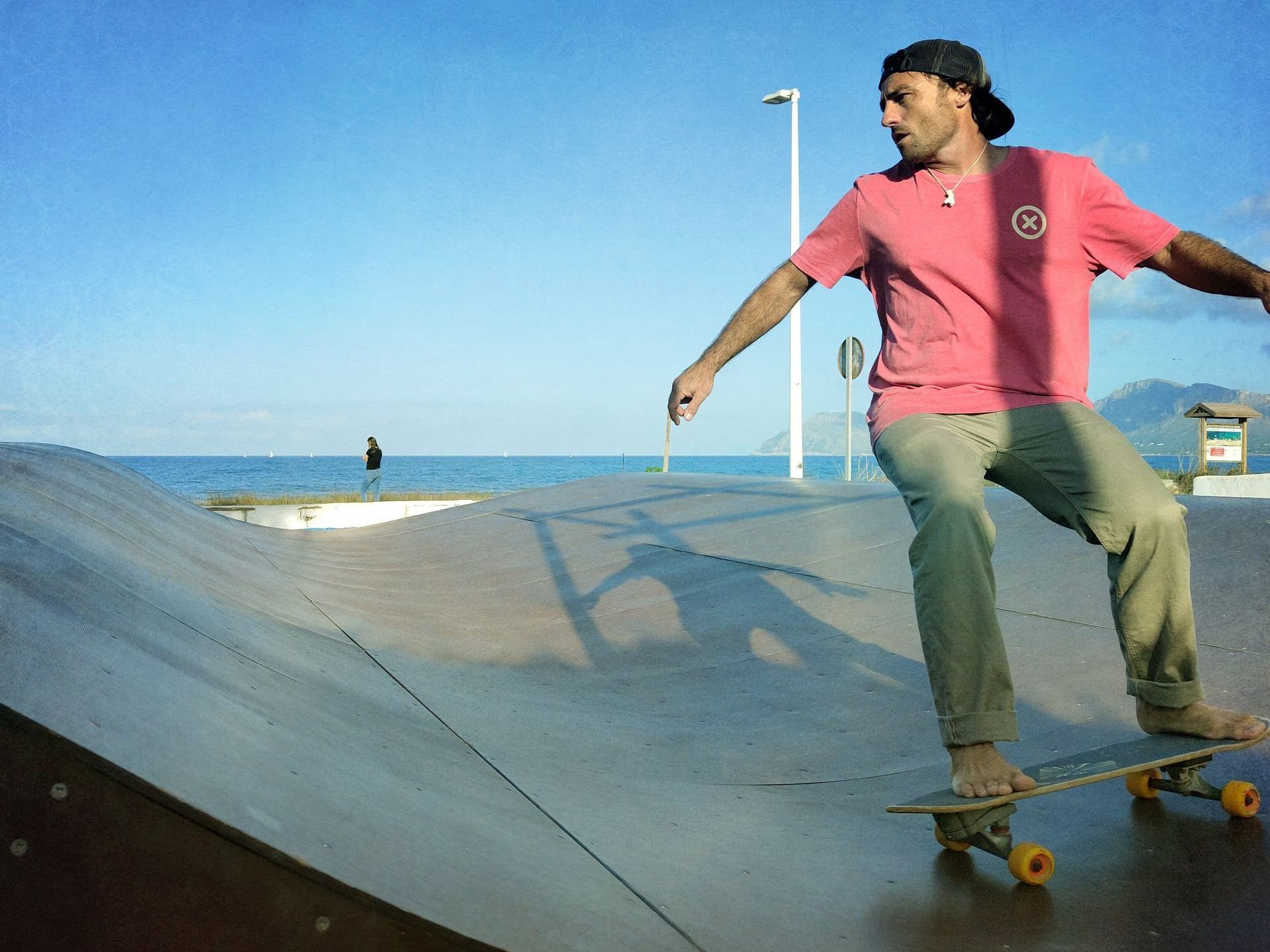
kupidoproject ALL RIGHTS RESERVED


